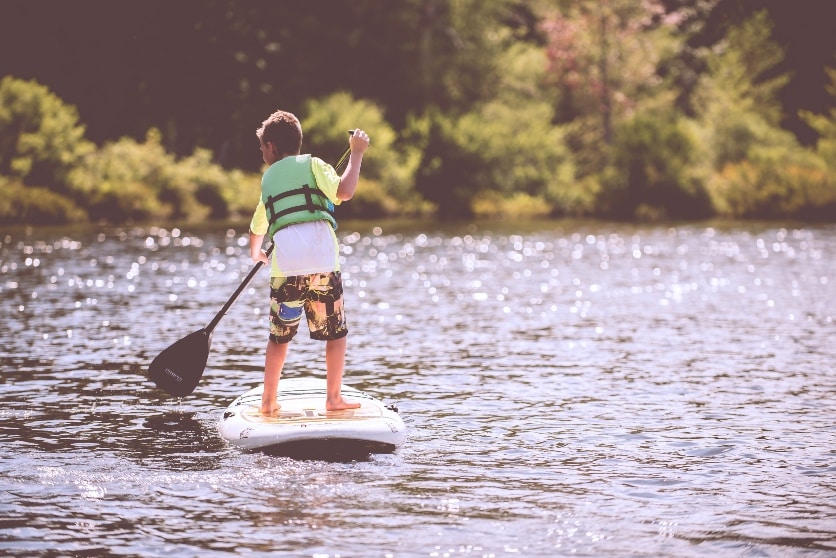Being away from our children can trigger a lot of nervous emotion and, for some parents, it can cause anxiety. It is perfectly normal to worry about an anticipated separation and, in the time of a global pandemic, our feelings about being at home, at school, at work and away from one another can be a little bit all over the place.
When I read this question, it reminded me of the time, two years ago, that we asked our 10 year old to post a letter, on a solo trip down a busy road. We sent him off with a brisk wave and confidently shut the door. My husband then spent the next ten minutes pacing the hallway, peering out the window and wondering if his instructions about crossing the road were clear enough. Some fifteen minutes later, our son arrived home with his chest puffed out, whistling to himself and keen to tell us all about the cat he’d met on his short journey. We appeared nonplussed, calm and asked him if he would like to post some letters again tomorrow. “Sure!” he replied.
The purpose of telling you this story is to emphasise that, as hard it might feel, we have to exercise our children’s ‘independence muscle’; giving them little opportunities to feel ‘grown up’. In doing so, we boost their self-esteem and their own belief in their ability to cope. Never before have these mini opportunities to practise resilience been so important. Our children have been denied social contact, time with family and access to group play for a significant part of last year. We need to make that up. We need to get back on the horse. It can feel like tearing off a plaster, but it is essential for their wellbeing moving forward.
Researchers in the mental health community have been lobbying for children to return to both school and play for some time. Within academic literature, they have also been urging schools to amplify the opportunities children have to spend time together in ways that they missed out on during lockdowns. A residential trip gives your lucky child an opportunity to be with their peers, their teachers and practise life without you for two days. It could otherwise be called ‘resilience training’. I am afraid to say, whilst I completely understand why parents might feel anxious about stayaways, the truth is, over-protective parenting is correlated with poor mental health in adulthood. If you don’t believe me, listen to our interview with Professor Siobhan O’Neill in Tooled Up. Our interview with former Researcher of the Month, Professor Helen Dodd, also points to fact that often anxious parents are less likely to promote autonomy in their children, and may need to work hard to allow children to take part in activities that involve a little risk (tree climbing is one such example). Watch our video in the Tooled Up library on the importance of play for more information on this point.
The most resilient children, the children who adapt and cope well with later transitions, are those whose parents send them off with a positive wave and a confident heart. If children witness parental anxiety ahead of a transition of this kind, they are inclined to absorb the message that “something horrible might happen to me”, or “I don’t have the skills to deal with this”. Instead, imagine how wonderful they will feel about themselves, when they return off the school bus, full of tales about all the things they did, the fun they had.
As you prepare for their trip, try not to do the packing for them. Let them practise following the school packing guidance and give them some agency in this process. Don’t make too much of a fuss by asking questions such as “do you think you will be ok?” or suggesting you could pick them up if they have had enough. Trust their teachers and have confidence in your child.
After the trip and on pick up, your role will be to help them reflect on the fact that they may have felt a little bit nervous beforehand, but they went and had a ball! Reflection breeds resilience. For more on this point, listen to our interview within Tooled Up with Professor Tamsin Ford (Professor of Psychiatry at Cambridge University).
Schools, you can help parents ahead of residentials by giving them as much information as possible about the daily schedule and by letting teddies attend too (but don’t encourage notes from parents as these can often disrupt children’s coping strategies and may trigger anxiety). Updating a daily blog with pictures of happy, smiling children can massively reassure parents and grandparents waiting nervously at home.





